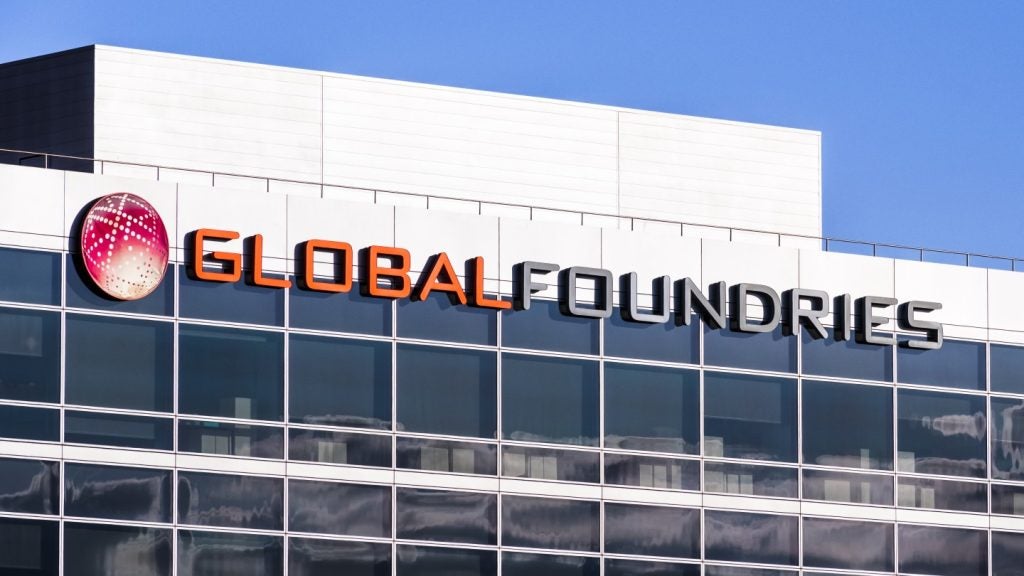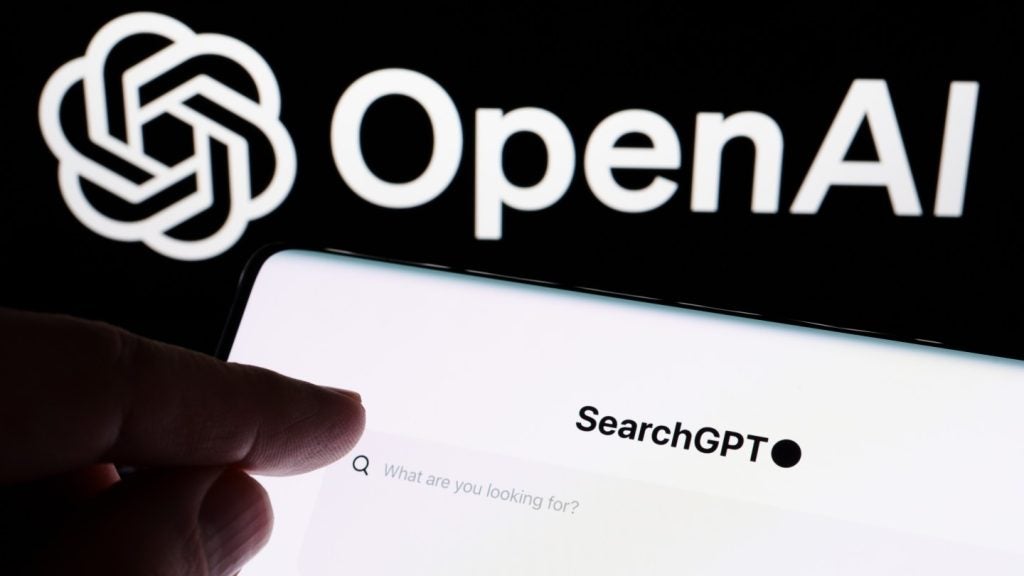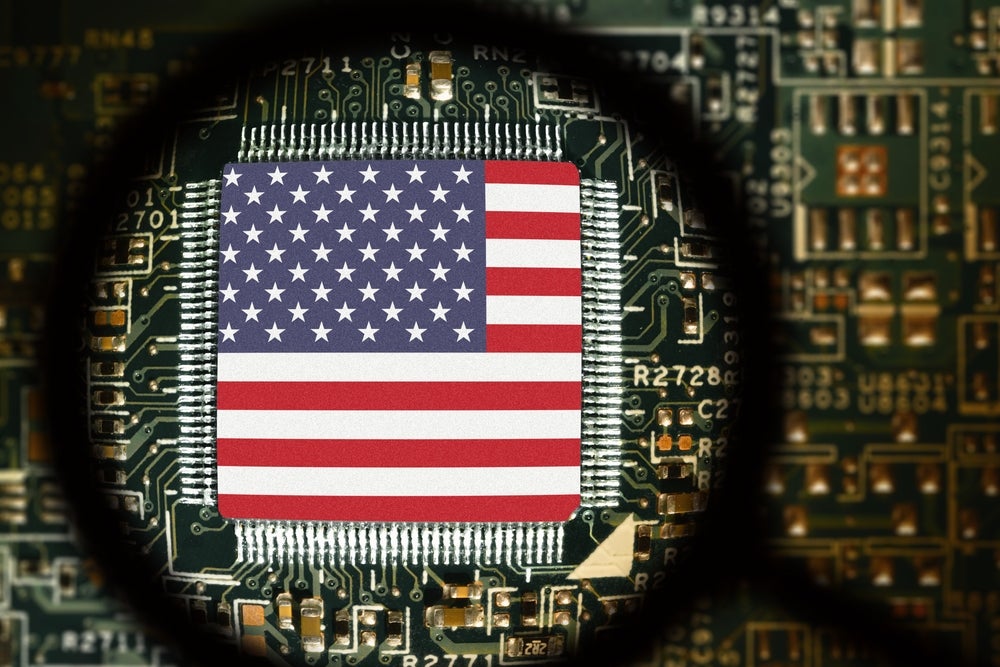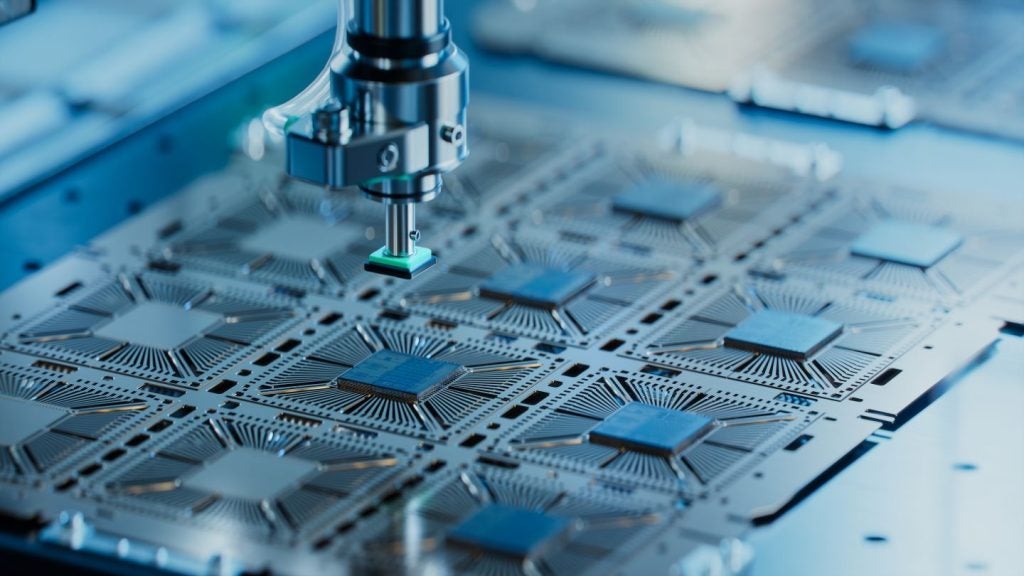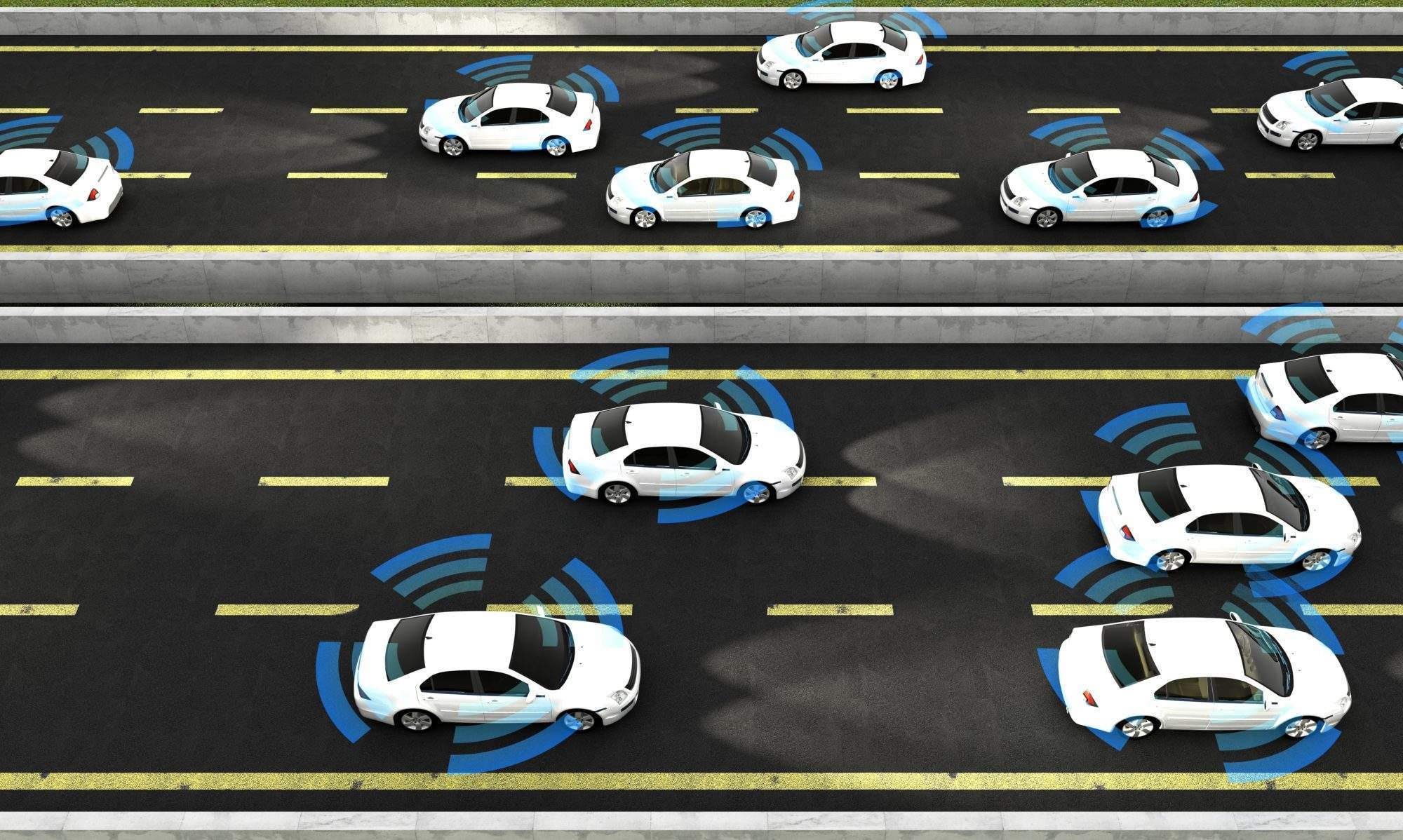
Japanese tech giant SoftBank and car manufacturer Toyota are joining forces to take on the autonomous vehicles market, jointly joining the race to make autonomous vehicles a commercial reality.
The two Japanese companies are collaborating to develop driverless car services. They plan to establish a joint venture company, MONET Technologies Corporation, before the end of the 2018 fiscal year (April 2019).
Through Toyota’s Mobility Services Platform, Toyota’s information infrastructure for connected vehicles, and SoftBank’s Internet of Things Platform, the two companies plan to develop self-driving services. The JV will not focus on manufacturing the driverless vehicles themselves, but rather the services that run on autonomous vehicle technology.
For the first phase, MONET plans to roll out just-in-time vehicle dispatch services for local public agencies and private companies throughout Japan.
Although it is not yet clear whether the JV will include driverless cars for personal use at any point, SoftBank has outlined a number of mobility services it could include, such as a meal delivery vehicle where food is prepared while on the move, hospital shuttles where onboard medical examinations can be performed, and mobile offices.
Toyota and SoftBank will roll out these businesses in Japan with an eye to future expansion on the global market.
Could this disrupt the autonomous vehicle industry?
Two of the biggest companies in Japan entering the autonomous vehicle sphere could be a cause for concern amongst its global rivals such as Alphabet, Baidu and General Motors, especially with key players keen to be the first to bring driverless cars to the commercial market.
SoftBank has already shown an interest in autonomous vehicles, investing $2.25bn in General Motors’s self-driving business Cruise, as well as investing in Uber.
Toyoya has also made public plans to invest $2.8bn to develop a commercially viable self-driving car.
With this project, Toyota and SoftBank are tacking what is potentially the biggest disruptor faced by the automotive industry on two fronts, both the vehicles themselves and the services they can be used for, ensuring both are prepared for the ride-sharing economy.
One step closer to autonomous vehicles?
With this in mind, the race to bring autonomous vehicles into the mainstream is hotting up. By 2025, the car market for partially autonomous vehicles is expected to be at $36bn, while the market for fully autonomous vehicles lags behind at $6bn.
In January, Toyota launched its e-Palette Concept Vehicle, a fully autonomous, battery-electric vehicle with open control interface to allow partner companies to install their own automated driving system. The partnership with SoftBank is the first step towards this technology being brought to the market.
Although there are still some hurdles to overcome before the technology is a commercial reality, Toyota and SoftBank have now set out a timeline for making that happen, with the first products of the alliance expected “by the second half of the 2020s”.
Far from being a distant possibility, a fleet of autonomous cars on the road could be a reality in a matter of years.



